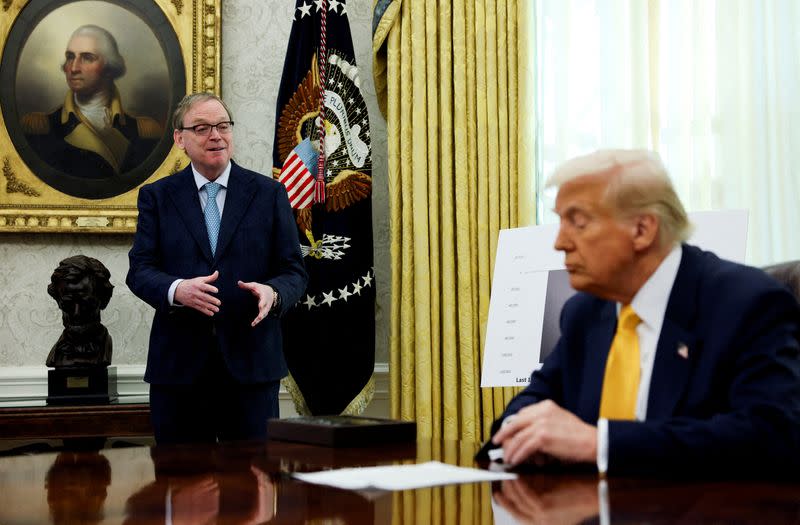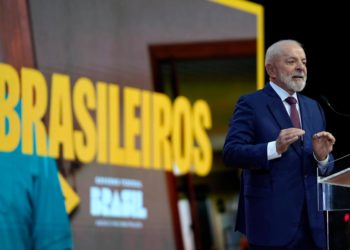As the world grapples with the fallout from President Donald Trump’s sweeping tariff announcements, a new twist has emerged that could reshape the narrative. On April 7, 2025, White House National Economic Council Director Kevin Hassett offered a glimpse into the administration’s evolving stance, suggesting that Trump is prepared to listen to trading partners—provided they bring “really great deals” to the table. This statement, made during a Fox News interview, comes as global markets reel and more than 50 countries reportedly reach out to negotiate with the U.S.
Trump’s tariff policy, which includes a baseline 10% levy on nearly all imports and steeper duties of up to 50% on select nations, has sparked chaos since its rollout last week. Stock markets have plummeted, with the S&P 500 shedding $5 trillion in value over two days, and trading partners like China have retaliated with levies of their own. Critics, including prominent economists and billionaire investors like Bill Ackman, warn of a potential “economic nuclear winter” if the trade war escalates further. Yet, Hassett’s comments hint at a possible offramp—or at least a willingness to pivot.
“He’s doubling down on something that he knows works,” Hassett said, defending Trump’s long-standing belief that tariffs can rebalance trade deficits. But he added a crucial caveat: “If [trading partners] come to us with really great deals that advantage American manufacturing and American farmers, I’m sure he’ll listen.” This openness marks a subtle but significant shift from Trump’s earlier rhetoric, where he compared tariffs to “medicine” and insisted that countries must “pay a lot of money” to see them lifted.
The timing is telling. With Israeli Prime Minister Benjamin Netanyahu set to visit the White House today and nations like Taiwan signaling readiness to slash their own tariffs to zero, the administration may be sensing an opportunity. Hassett noted that Trump spent the weekend fielding calls from world leaders, a sign that the tariff shockwave is driving diplomatic engagement. “The fact that they’re all angry and upset… suggests that President Trump is right that they bear the tariffs,” he argued, framing the policy as a successful pressure tactic.
But is this flexibility genuine, or a calculated move to quiet dissent? Some see it as a response to mounting pressure—both domestic and international. The Dow Jones Industrial Average recorded its steepest drop since June 2020 last Friday, and even Trump allies like Ackman are urging a 90-day tariff pause. Meanwhile, the administration’s economic team, including Treasury Secretary Scott Bessent and Commerce Secretary Howard Lutnick, has been working overtime to downplay recession fears and portray the tariffs as a “savvy repositioning” of U.S. trade leverage.
For now, the ball is in the court of America’s trading partners. Countries like Vietnam and Italy have already expressed willingness to negotiate, while the European Union is scrambling to craft a unified response. Whether these talks yield “great deals” or devolve into a protracted trade war remains to be seen. Trump’s gamble is clear: he’s betting that the threat of tariffs will force concessions that benefit U.S. workers and industries. But with global economies on edge and consumer prices looming as a wildcard, the stakes couldn’t be higher.
As this saga unfolds, one thing is certain: Trump’s trade strategy is keeping the world guessing—and talking. Whether that chatter turns into tangible wins for the U.S. will define the legacy of this bold, disruptive move.




